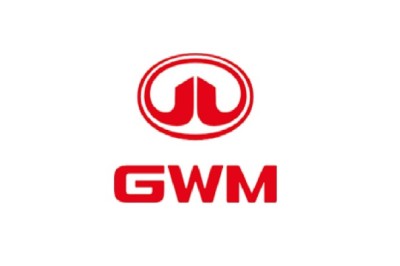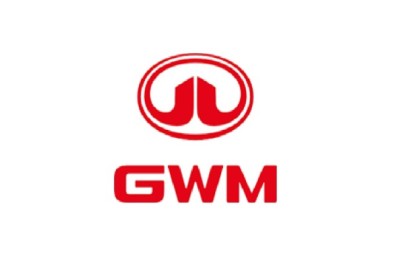
Summer Heat & Tire Safety … a Call to Action!
• More than 5% of fatalities are due to tire defects
• The hot summer months are extra taxing for tires
• Regular controls are vital
Dubai, United Arab Emirates, -Sunday 23 June 2019 [ AETOS Wire ]
Summer has arrived and we witness sizzling temperatures above the 40-degree mark. The hot summer months are extremely taxing for vehicle tires and overall, more than 5% of road traffic deaths in the UAE are linked to poor tire maintenance. Abu Dhabi police for example stated in 2018, that 17 fatalities (out of a total of 199) were attributable to underinflated or damaged tires.
Naser Shashaa, Regional Director, Michelin Middle East states: “During our recent tire check campaigns in Dubai where we inspected nearly 300 vehicles, we have witnessed that nearly 20% of checked vehicles had tires either over or under inflated and nearly 30% of tires were either worn out or damaged. These defects are potential safety hazards for motorists in the GCC region, who often drive long distances, and especially in the hot summer months."
Thomas Edelmann, Managing Director of RoadSafeyUAE adds: “The worst-case of a tire bust is not only posing a very serious danger the affected vehicle and its occupants, but also to other vehicles, just think about the ever-growing number of delivery motorcycles! Hence, in addition to the mandatory yearly road worthiness checks and especially during the hot summer months, motorists must take extra care of their tires. Jointly with our Corporate Social Responsibility (CSR) partner Michelin, we want to provide ‘tips & tricks’ for UAE motorists to make sure they come safely through summer.
- Very regularly and Ideally every time before we start a trip, quickly walk around the vehicle and check the proper condition of the tires
- Check the tire pressures at least once per month using a reliable or calibrated gauge. The recommended pressures are quoted in the vehicle owner’s manual or on a sticker usually attached to a door frame or fuel cover. Make sure that the pressures are checked when the tires are “cold”, i.e. driven less than 3 km before the check.
- Avoid driving at lower pressures than those recommended by the vehicle manufacturer, which can lead to uneven and/or premature wear, and even to a possible degradation of the internal structure, leading to rapid loss of air or “burst”
- RTA stipulates replacing tires no later than 5 years, or earlier if the remaining tread depth is below 1.6 mm at any part of the tire tread band, for passenger cars. Tires must also be replaced if there are other signs of wear or damage, for example, cracks or cuts in the sidewall, parts of the tread band are damaged, etc.
- Use only reputable branded and certified tires. Avoid fitting tires which may be substandard and therefore potentially unsafe.
- Use the correct tire type and dimension for your vehicle. Refer to the vehicle owner’s manual or ask for expert advice if not sure.
- Tires should be rotated every 10 000 km or as advised by the vehicle manufacturer, to even out the wear. A wheel balance and alignment check at this time will help the potential life of the tire to be fully realized, as well as ensure safer driving.
- Respect the load and speed capabilities of the tires fitted to the vehicle by not exceeding them.
- Avoid driving over or near hazardous objects that could damage the tires and make them unsafe or unfit for service, for example, rocks, glass, potholes, curbs, etc.
- Spare tire: regularly check the age, condition and air pressure to avoid having a spare tire unfit for use when needed!




















Facebook Conversations
Disqus Conversations